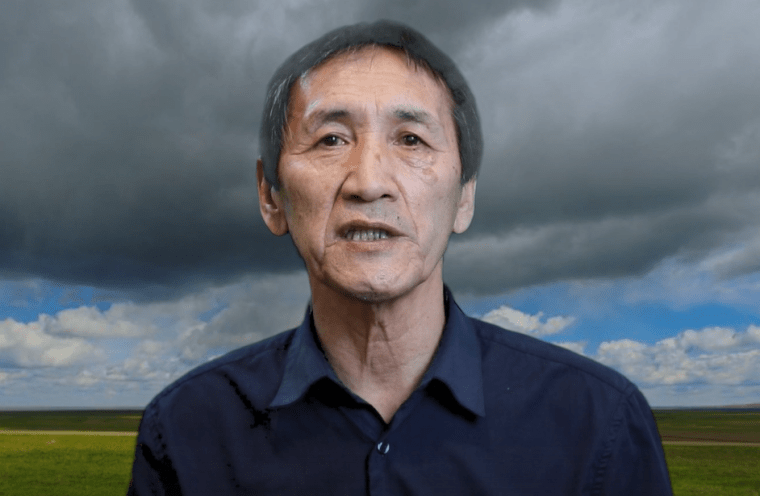Paris, December 13, 2022 — Russian authorities should immediately drop all charges against journalist Valery Badmayev and stop harassing members of the press, the Committee to Protect Journalists said Tuesday.
On December 9, officials with the Russian Investigative Committee detained Badmayev, editor-in-chief of the Sovremennaya Kalmykia newspaper in Elista, the capital of the southern Republic of Kalmykia, after searching his home, according to multiple media reports, which said that authorities seized Badmayev’s phone, laptop, router, and passport during the search.
On December 10, media reported that Badmayev was charged with “discrediting” the Russian army and then released pending investigation. If convicted, he faces up to three years in prison, according to Article 280.3 of the Russian criminal code. A court in Elista that day banned Badmayev from leaving his home each day from 10 p.m. to 6 a.m., using the internet, making phone calls, or changing his place of residence until February 8, 2023, according to media reports.
Previously, in April, authorities fined Badmayev 35,000 rubles (US$550) for allegedly discrediting the military in videos he posted condemning the war in Ukraine, according to multiple media reports and a representative of the independent news website Activatica, who is familiar with the case and spoke to CPJ on the condition of anonymity, citing fear of reprisal.
“The continued persecution of Russian journalist Valery Badmayev shows authorities’ determination to suppress one of the only independent voices in Kalmykia striving to engage with the realities of the war in Ukraine,” said Gulnoza Said, CPJ’s Europe and Central Asia program coordinator, in New York. “Authorities must immediately drop all charges against Badmayev and stop harassing journalists who report and comment on the war.”
In March 2022, Russian lawmakers adopted changes to the country’s laws, imposing fines and prison terms for discrediting the country’s military and the actions of government agencies abroad, or spreading “fake” information about them.
The charge against Badmayev stems from a video that the journalist shared on the Russian social media network Vkontakte, according to those reports. The video, originally created by Current Time TV, a project affiliated with the U.S. Congress-funded broadcaster RFE/RL, featured an interview with a member of Ukraine’s Azov Battalion describing the Russian army’s alleged use of phosphorus bombs in the war.
On his VKontakte page, where he has about 110 followers, and on his YouTube channel, where he has about 200 subscribers, Badmayev frequently shares news and commentary about the war and its effects on Kalmykia.
Badma Byurchiyev, a journalist from Elista who works with the independent news website Kavkazsky Uzel and is following Badmayev’s case, told CPJ via messaging app that Sovremennaya Kalmykia covers social and political issues and is the successor of Sovietskaya Kalmykia Segodnya, whose editor Larisa Yudina was killed in retaliation for her reporting in 1998.
Byurchiyev said that Badmayev’s persecution was related to his stance on political issues, which “is inseparable from his journalistic activities.”
Authorities in Elista previously detained Badmayev and sentenced him to 40 hours of compulsory work for allegedly inciting people to participate in an unsanctioned protest in April 2021.
CPJ emailed the Russian Investigative Committee in Kalmykia for comment, but did not receive any reply.
